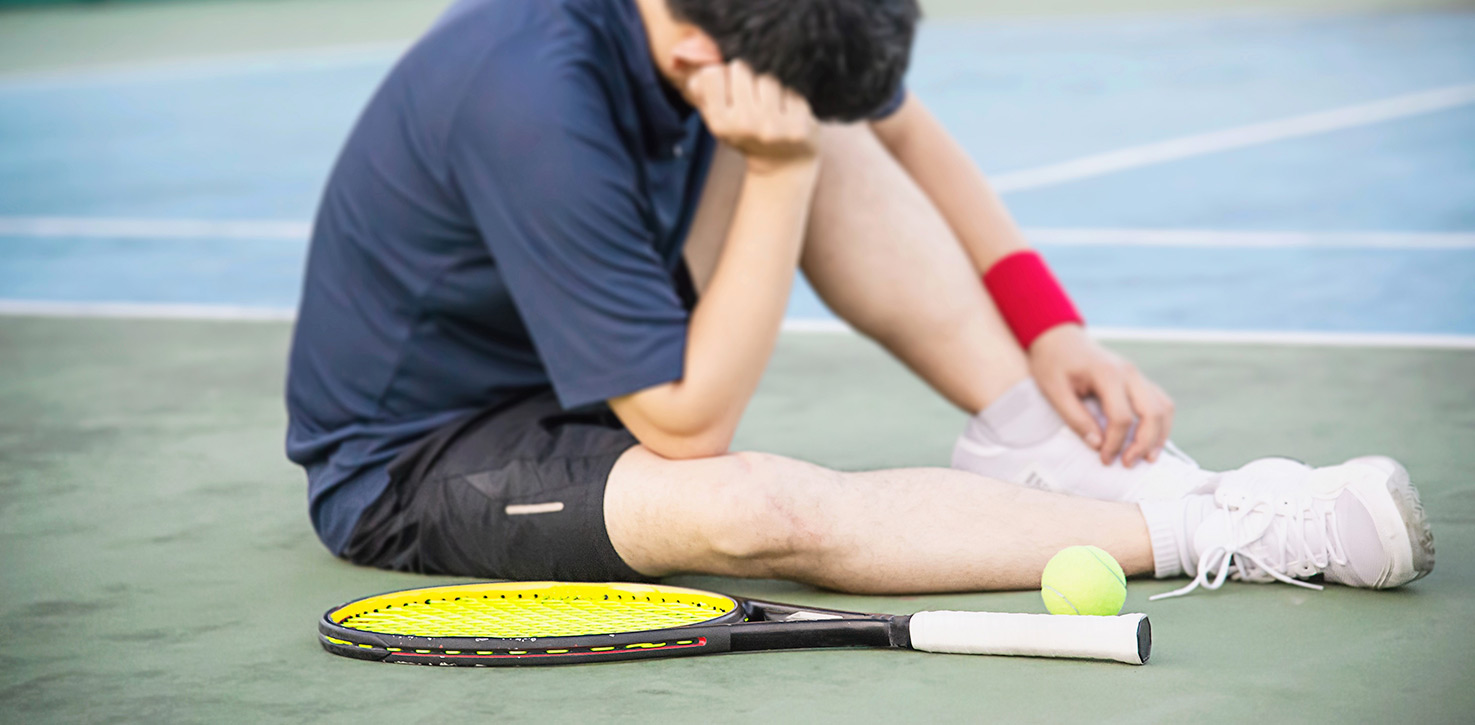
The End of Failure as You Know It
Identifying Failure for What It Really Is
What would you think if I told you I would never fail again? No more failures in jobs, business, hobbies, relationships—nothing. Likely you’d think you finally met a perfect person—or one who’s not right in the head. Neither of these is true, fortunately. I’m just an average person who a few years ago learned what failure really is.
Tennis Blues
After two years of trying to become a great tennis player, I quit as a failure. I had played two or three times most every week with friends on courts at a nearby park. I thought I was serious about improving my game, but my game barely improved at all. In the end, I was still losing most of the pickup matches I got into.

I was very depressed by this. I saw it as another in a long line of failures in my life. I’d failed to make a dog-training business work; I’d failed to get promoted to senior manager at a grocery store job; I’d failed in several long-term relationships.
My Guitar
With tennis gone, I took refuge in my guitar, which I had been playing passionately since I was 14. My music distracted me and always made me feel better. One night, I was playing some songs on my front porch when my cousin, whom I rarely saw, showed up to invite me to her wedding.
After talking a bit, I played and sang a song by the Eagles. She said, “You are so good! I remember when you were a kid and hardly could play at all. Now you’re amazing!” Then she started asking if I knew this song and that song. It was like request night at the club. I knew how to play most of the songs she wanted to hear, so I played them, and we sang a few together.
She said she had tried to learn the guitar back in college but was a miserable failure. I didn’t tell her that she probably failed because she hadn’t taken it seriously, hadn’t practiced enough, hadn’t studied songbooks and watched other players, hadn’t taken lessons. And as that thought went through my mind, I realized what had happened with my short-lived tennis career.
I expected to progress with only four or five hours of practice per week. I played the guitar that many hours on single days. I never spent money on tennis lessons, but across six years, I had dropped more than $3,000 on private guitar lessons from phenomenal instructors. I played tennis with a cheap racquet, but my two guitars were vintage and gorgeous. I never went to watch a professional tennis tournament, but I had been to hundreds of concerts, from stadium shows to club gigs.

Our perceived failures can actually be our best success teachers.
With all those realizations came the big realization: There is no such thing as failure; there are only outcomes—and, frankly, most outcomes are temporary. My tennis-playing ability was a consequence of things I had done and things I hadn’t. I could pick up a racquet and continue to improve. With more practice, I would certainly be able to hold my own in any local pickup match. That’s not failure; that’s progress. My ability as a guitarist also was based on my actions.
I’ve given this idea a lot of thought and now know that anytime I want to improve at something, all I have to do is take thoughtful, focused action. Our perceived failures can actually be our best success teachers.
You are not a failure but, rather, an outcome producer.
What to Do When You Get Unwanted Outcomes
There are five questions I ask myself when I fail to accomplish something I set out to do. They help me, and I think they’ll help you.
When you get an outcome you didn’t want, ask yourself:
- Did I really want to accomplish this more than anything else?
- Did I do what it took to gain the specific knowledge/abilities I would need?
- Was I committed for the long haul?
- Did I put in as much time as others who have succeeded in this area?
- Did I make sacrifices so I would have more space to work toward my goal?
For my tennis adventure, the answer is no to all five. For the guitar, the answer to all five was yes. I didn’t fail at tennis; I just got an outcome—one I could have significantly improved had I wanted to and had I known what I know now. Consider using the questions above to remind yourself that you are not a failure but, rather, an outcome producer. You may feel better, succeed more often and never “fail” again.






















